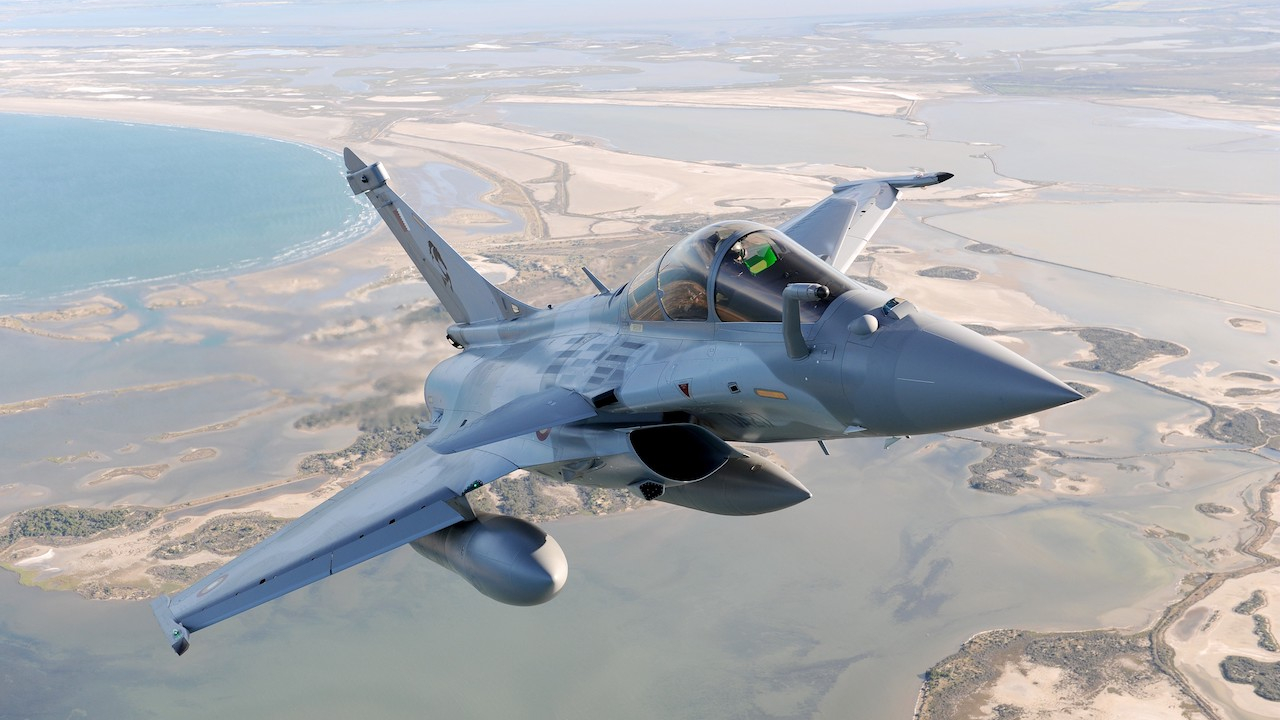US Congress to consider mega-arms deal with Saudi Arabia

The sale which has been under negotiation for the past three years is aimed primarily at increasing the Saudi defences against Iran. The US has been anxious to support defence activities in the area following its belief that Iran will have a nuclear weapons capability within the next few years.
The deal is likely to be before Congress by the end of September with approval – if granted – by the end of October. Sources in Washington warn that this is not a “done deal” as there have been many issues between congress and arms deals with Saudi and other Gulf states following lobbying by Israel and as a reaction to 9/11. However, Washington-based analysts say such concerns will be overridden because of the greater worries about Iran.
Reuters reported today that a US defence official says the package includes 84 new F-15E fighter jets, upgrading another 70 of them as well as buying 72 Black Hawk helicopters built by Sikorsky. Arabian Aerospace understands that there may also be a deal for Apache helicopters as the two sides are also discussing a package for the kingdom's navy.
The Saudis have agreed to an initial $30bn in sales, with another $30bn still under discussion. The initial figure to be sent to Congress for review may be $30bn for approval this year.
The deal rivals the al-Yamamah deal between the UK and Saudi Arabia signed in the mid-1980s, one of the biggest in history, worth $66bn in revenue for BAE.
The UK’s Guardian newspaper today quoted Michael Knights, the Lafer fellow at the Washington Institute for Near East Policy, who predicts a relatively smooth ride from Congress: "The deal has a much better chance of being approved with limited or no modifications.
First, the preparation for the package has been extensive and prolonged, stretching back to 2007. This has ironed out many potential problems, including significant consultations with the Israelis.
"Second, concern about a nuclear Iran is at an all-time high in Washington, Tel Aviv and Riyadh. Third, much has changed in the defence market since the last major Congressional campaign to block or downgrade a major Saudi arms deal, the 1993 Saudi purchase of F-15s aircraft. Since then, US manufacturers have had to up their game to compete with top-tier European technologies that are provided without limitations."
The White House says the deal could lead to an estimated 75,000 jobs in companies such as Boeing, Northrop Grumman, Lockheed Martin and General Electric being protected if the deal goes through.
Some of the weapons systems, in particular upgraded weapons systems, are specifically related to the threat posed by Iran. Details have been leaking out in the US media over the last few months, prompting angry denunciations from Tehran.
Israel, an even closer ally of the US than Saudi Arabia, has also expressed concerned over the transfer of advanced technology to Saudi Arabia.
Addressing Israeli concerns, advanced sensors on the new Saudi F-15s will have technology built in to prevent them being used against their Israeli equivalents.
The Pentagon has officially neither confirmed nor denied today that a deal is in the offing. A defence department spokesman restated the formal position: "We have not concluded arms sales agreements with Saudi Arabia, and we have not notified Congress of pending sales. The US does partner with multiple countries in the Middle East in our multifaceted approach to regional security and stability. This involves a wide range of activities from training and exercises to military sales."
Stay up to date
Subscribe to the free Times Aerospace newsletter and receive the latest content every week. We'll never share your email address.

